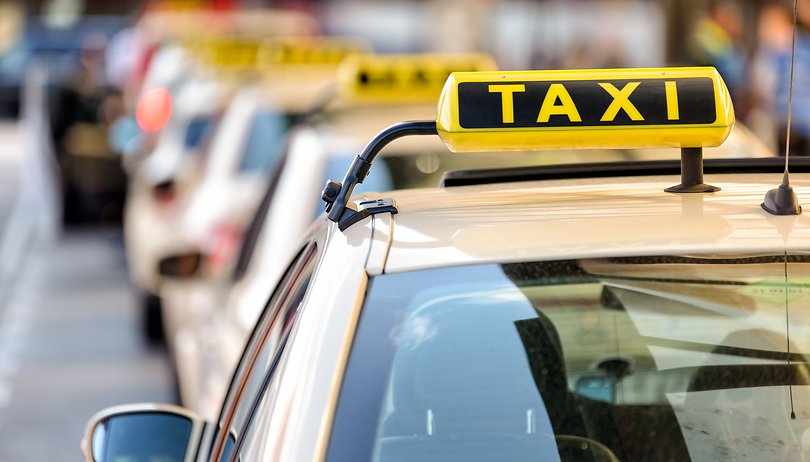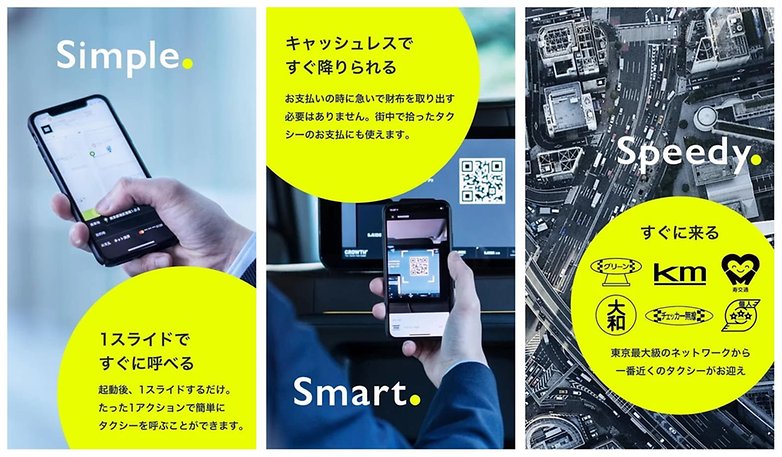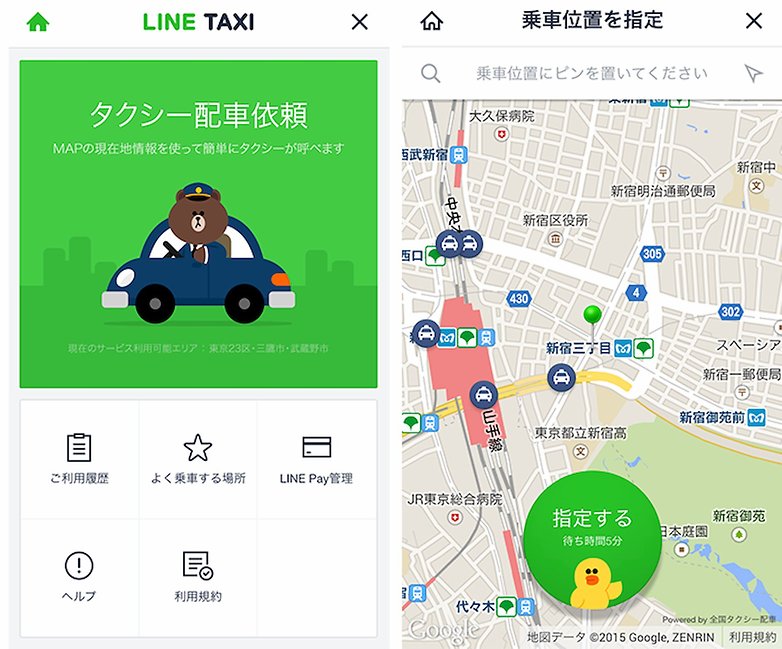Why Sony will achieve what Uber couldn’t in Japan


Earlier this week, Sony announced that it was launching an app-based taxi-hailing service in Japan. The Japanese have been lukewarm on the idea up until now, with both Uber and Line having tried and failed to capture this huge market. Sony, however, can win where the other lost.
Believe it or not, the ‘S’ in S.Ride does not stand for Sony. Rather, it is a kind of Scout’s motto for the three S’ that the app is designed to deliver - simple, smart and speedy. The smart part is interesting, as the app uses AI to better predict where demand is in order to dispatch taxis more efficiently. There’s also no need to make fine adjustments to your location, as the taxi pick up position is adjusted automatically.
Patrons can pay for their ride with either cash, credit card or via a digital wallet with a QR code. Sony Payment Services is also involved here. The service is live now and covers Tokyo's 23 wards and the Musashino and Mitaka areas.

This is a calculated move from Sony
Sony’s entry into this complex market is part of a joint venture between the electronics giant and local taxi companies. Back in February 2018, Sony partnered with the Daiwa Motor Transportation, one of Tokyo’s biggest taxi operators, as well as five other local taxi firms to get the ball rolling on its taxi-hailing project.
The resulting company is called Minna no Taxi (which translates to Everybody’s Taxi) Corporation. The combined fleet of 10,000 taxis in the Greater Tokyo Area remain owned by the taxi companies but can now be booked via the S.Ride app.
Japan‘s taxi market is worth $16 billion, yet it remains relatively untapped by both local and international tech companies. There is JapanTaxi, of course. The ride-hailing app, backed by a $750 million investment from Toyota, will be the main competition for S.Ride. It currently has a fleet of more than 60,000 taxis nationwide.

Famous flops that have come before
Line, the Japanese messaging app and cultural phenomenon, also tried and failed to capture a slice of the taxi market in its homeland. Line Taxi, which launched in 2015, was available from within the main messaging app and Nihon Kotsu, one of the country’s biggest taxi companies, was on board.
The fleet was slightly smaller, around 3,000 available taxis, but there were similarities with what Sony is offering now. Line Pay, a mobile payment platform also available from the main messaging app, could be used to pay for rides.
It all looked good on paper, but by August 2018, Line pulled the plug on its Taxi service. The reason given at the time, via the official Line blog, was that the company was pulling out of the game in order to provide a wider range of more convenient services in the future, in light of market growth, user diversification and needs in Japan.

Then there the plight of Uber in Japan. Unlicensed ride-sharing is illegal in Japan, but the San Francisco startup had initially looked set to continue its typically bullish approach taking on regulators. However, Uber eventually gave up and partnered with the Fuji Taxi Group to get its app legally in the hands of Japanese residents.
The partnership was announced back in September 2018 and today Uber still has less than one percent of the market share. Uber is not even on the radar of most Japanese and is limited to high-end limousine services in Tokyo. Uber could still turn this around with more taxi partnerships, but Sony seems to have taken advantage of its local standing and taken pole position.
- Uber conquers the Middle East with $3.1 billion acquisition of Careem
The fact that partnerships with local taxi companies are essentially for ride-hailing apps in Japan, combined with Sony’s local reputation and status is what is still a pretty patriotic nation, means that its chances for capturing a large part of this huge taxi market are much better than Line or Uber ever had.
I think S.Ride has a real chance of success in Japan. Sony has no plans to release it internationally, since it would have to fight a much more difficult battle for market share. But on home soil, this one looks like a winner.
- Flying taxis could be in the sky sooner than you think
What do you think?
Source: Sony



















